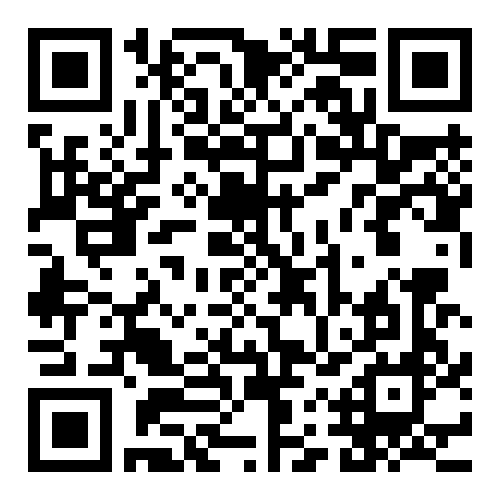What is a 24-hour urine collection?
A 24-hour urine collection is a simple lab test that measures what’s in your urine. The test is used to check kidney function. A 24-hour urine collection is done by collecting your urine in a special container over a full 24-hour period. The container must be kept cool until the urine is returned to the lab.
Urine is made up of water and dissolved chemicals, such as sodium and potassium. It also contains urea. This is made when protein breaks down. And it contains creatinine, which is formed from muscle breakdown. Normally, urine contains certain amounts of these waste products. It may be a sign of a certain disease or condition if these amounts are not within a normal range. Or if other substances are present.
Why might I need a 24-hour urine collection?
A 24-hour urine collection helps diagnose kidney problems. It is often done to see how much creatinine clears through the kidneys. It’s also done to measure protein, hormones, minerals, and other chemical compounds.
Conditions that can cause kidney disease include:
- Diabetic nephropathy. This happens when someone has uncontrolled diabetes. It causes high levels of protein (albumin) in the urine and can lead to kidney damage.
- High blood pressure. Abnormally high blood pressure can lead to lasting (permanent) kidney damage.
- Lupus nephritis. Lupus is an autoimmune disease where the immune system attacks the kidneys and damages them.
- Frequent urinary tract infections.
- Prolonged urinary tract blockage.
- Alport syndrome. This health problem causes vision and hearing problems, as well as progressive scarring of the kidneys. The syndrome is passed down through families.
- Nephrotic syndrome. This health problem has several different causes. Symptoms include protein in the urine, low protein in the blood, high cholesterol levels, and tissue swelling.
- Polycystic kidney disease. This health problem causes the growth of many fluid-filled cysts in the kidneys. This makes the kidneys larger. Over time, it takes over and destroys working kidney tissue.
- Interstitial nephritis or pyelonephritis. This is an inflammation in the small structures in the kidney. It’s often caused by infection.
- Screening for preeclampsia in pregnancy. Preeclampsia is a dangerous health problem that sometimes occurs in pregnancy. It causes high blood pressure and can lead to organ failure.
- Kidney stones (nephrolithiasis). Kidney stones form because of an imbalance of minerals, salts, and water in the urine.
There may be other reasons for your healthcare provider to advise 24-hour urine collection.
What are the risks of a 24-hour urine collection?
A 24-hour urine collection is a safe, easy test. People can collect urine on their own.
- Certain factors may affect the accuracy of a 24-hour urine collection. These include:
- Forgetting to collect some of your urine
- Going beyond the 24-hour collection period and collecting too much urine
- Losing urine from the specimen container through spilling
- Not keeping urine cold while collecting it
- Acute stress
- Vigorous exercise
- Certain foods, such as coffee, tea, cocoa, bananas, citrus fruits, and vanilla
There may be other risks depending on your specific health problems. Discuss any concerns with your healthcare provider before the collection.
How do I get ready for a 24-hour urine collection?
- Your healthcare provider will explain the procedure and you can ask questions.
- Make sure you understand if you need to stay away from certain foods while collecting your urine.
- You will be given large containers to store your urine and a container to urinate into. Make sure you know how to use them. Have a cold place to store the urine while you’re collecting it. For instance, a refrigerator or in a cooler on ice.
- You may be told to start the collection at a certain time.
- If possible, choose a 24-hour period when you will be at home so you don't have to transport your urine.
- If you are pregnant or think you may be, tell your healthcare provider.
- Make sure your provider has a list of all medicines (prescription and over-the-counter), herbs, vitamins, and supplements that you are taking.
Based on your health condition, your healthcare provider may request other specific preparation.

